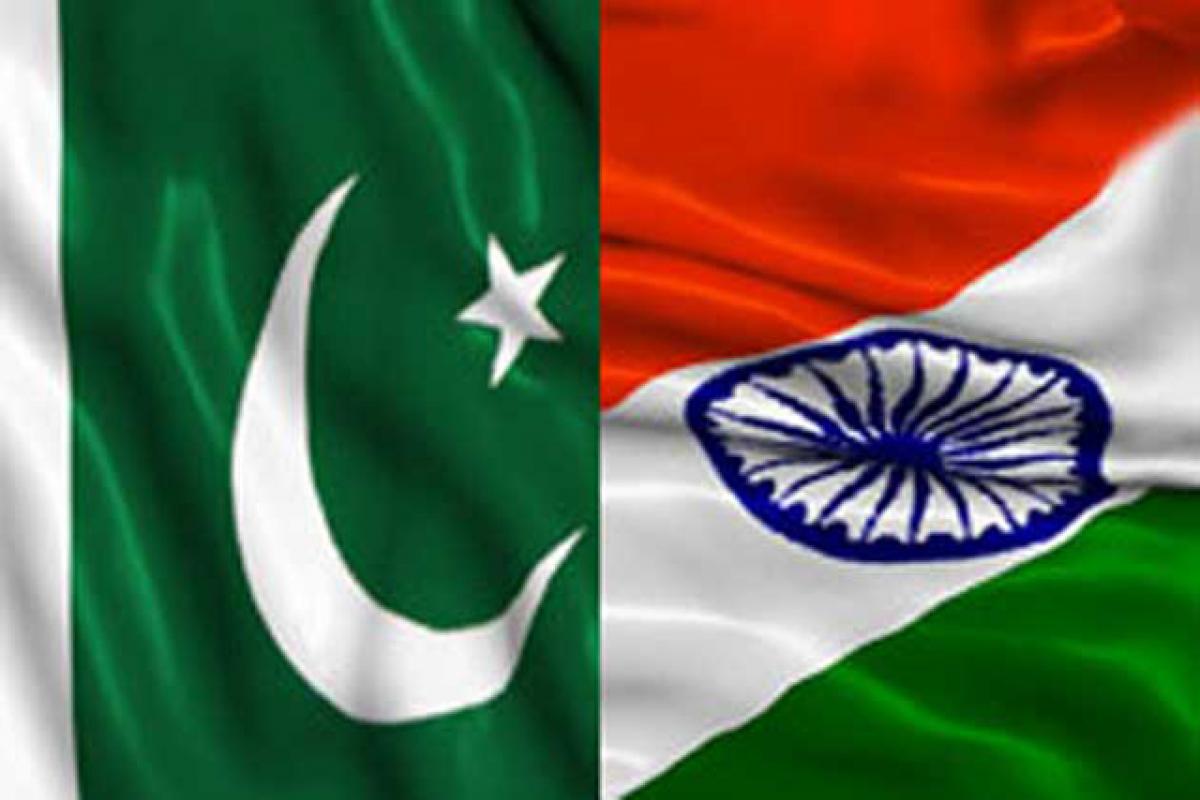Live
- Rising egg prices set to turn Xmas cakes dearer
- 3-member committee formed to solve RTC workers’ issues
- TG Planning Board V-C emphasises on ensuring food security
- Hyderabad: Radha Govinda Rath Yatra tomorrow
- CM Revanth meets Union Education Min, seeks Kendriya Vidyalayas for TG
- Revanth requests Kishan Reddy for Rs 1.63 lakh cr financial help from Centre
- ‘Lift cases against Beela agitators’
- ISRO successfully tests CE20 cryogenic engine
- OU conducts seminar on critical minerals
- Hyd’bad CP issues guidelines for New Year celebrations
Just In

Indo-Pak peace: Show jingoists their place. On July 14 Iran and a group of six nations (five permanent members of the UN Security Council and Germany) clinched a final, historic deal on Iran’s nuclear activities. In turn, the deal will end Iran’s international isolation.
On July 14 Iran and a group of six nations (five permanent members of the UN Security Council and Germany) clinched a final, historic deal on Iran’s nuclear activities. In turn, the deal will end Iran’s international isolation. It is a remarkable breakthrough in world affairs and the global media acknowledged the pivotal role played by US President Barack Obama and Iranian President Hassan Rouhani in securing this momentous agreement.

Viewed from the Indian perspective, the Iran nuclear deal is of immense significance as now Iran could exert a positive stabilising influence in Afghanistan with the US troops’ withdrawal from that country. Besides Iranian oil, Tehran’s re-emergence on the global scene would help counterbalance Sunni extremism in India’s neighbourhood.
Four days before the conclusion of the Iran accord, the PMs of India and Pakistan held their first structured meeting in a year at the Russian city of Ufa on the sidelines of the Shanghai Cooperation Organisation’s summit (where both the countries were made full SCO members for the first time). This happened on July 10. A Joint Statement, issued by the Foreign Secretaries of the two countries after the hour-long talks, informed that both sides had “condemned terrorism in all its forms and agreed to cooperate with each other to eliminate this menace from South Asia.”
In the course of their discussions, the two leaders had also signalled their willingness to find ways to expedite the trial of those who engineered the 2008 Mumbai terror attacks. However, Kashmir was not referred to in the Joint Statement (even as Pakistan’s National Security Adviser Sartaj Aziz insisted that it came up during the talks). By way of concrete outcome, it was decided that the NSAs of the two sides, Aziz and Ajit Doval, would shortly meet to take up the security issues.
However, within less than a week the positive message of the talks suddenly vanished into thin air. First, Pakistan announced that it had shot down a drone on its territory implying that New Delhi had sent it on a spying mission. Simultaneously, the firing from Pakistan’s side of the LoC intensified breaking the ceasefire and killing an innocent Indian civilian.
In the circumstances, the External Affairs Minister, the Defence Minister, the NSA and the Foreign Secretary met and declared that the Pakistani attacks on the LoC would invite firm and decisive retaliation from the Indian side. It was also found that the drone, alleged to have been sent from India, was actually of Chinese-make and not of Indian origin.
But PM Narendra Modi was not present in this meeting. Obviously there are elements on both sides hell-bent on torpedoing the restoration of Indo-Pak harmony. They are all itching for a conflict, even an armed one between the two security forces. Unless these jingoists are stopped on their tracks peace along the India-Pakistan border, leave aside amity between the two states, cannot return. The situation is turning grave. There is no time to lose. One cannot possibly sit idle in the prevailing scenario for that would be suicidal in the long run. (Courtesy: www.mainstreamweekly.net)

© 2024 Hyderabad Media House Limited/The Hans India. All rights reserved. Powered by hocalwire.com







